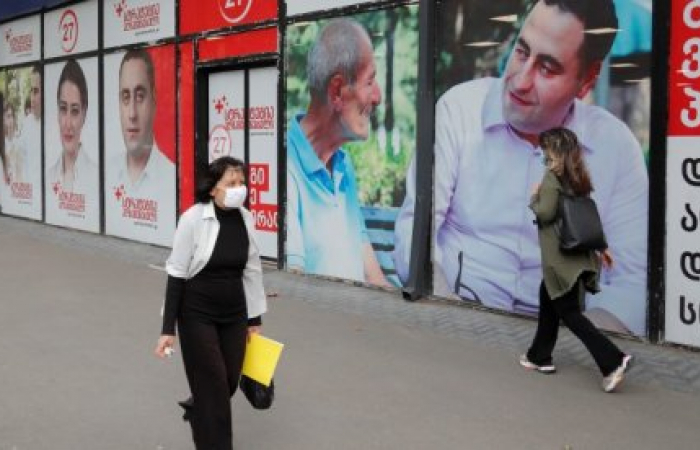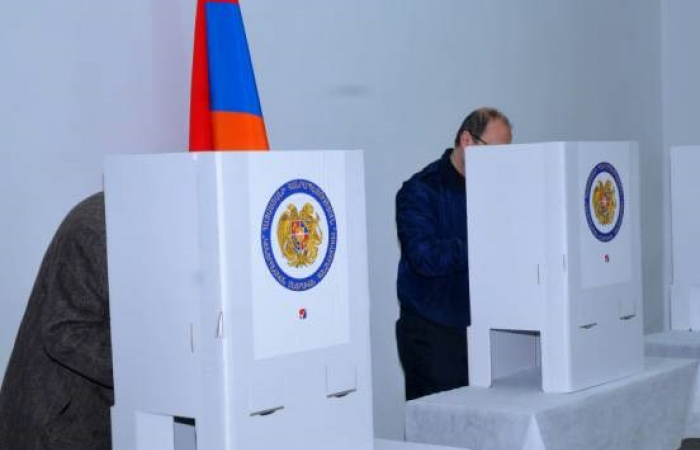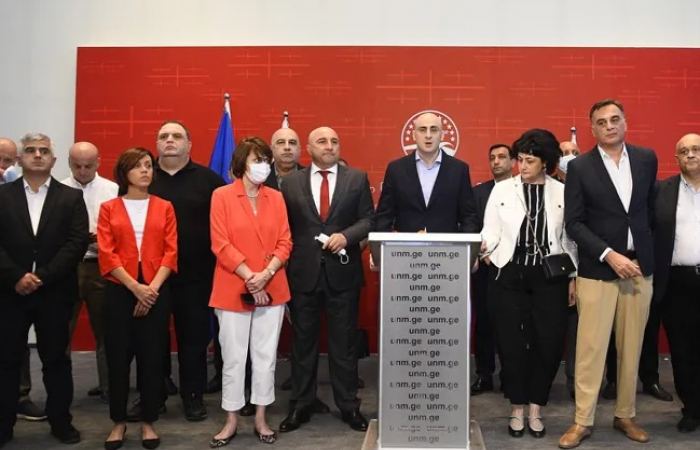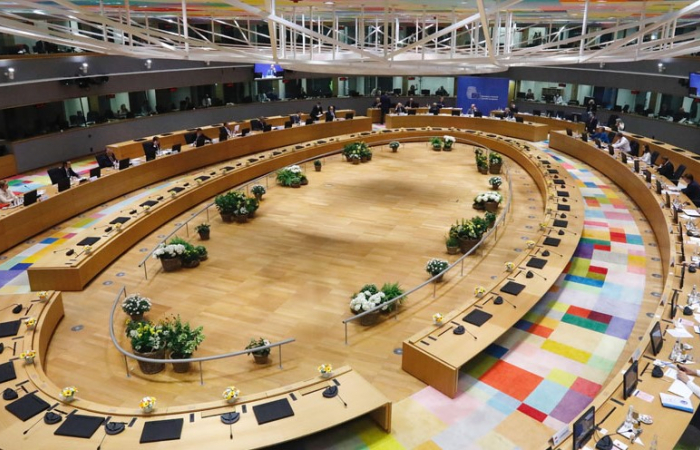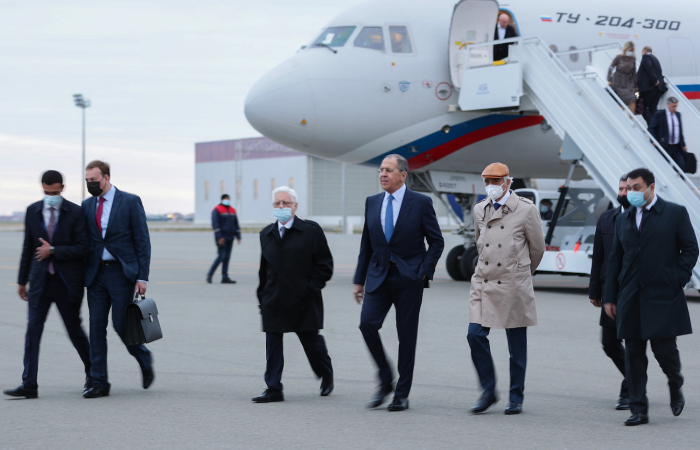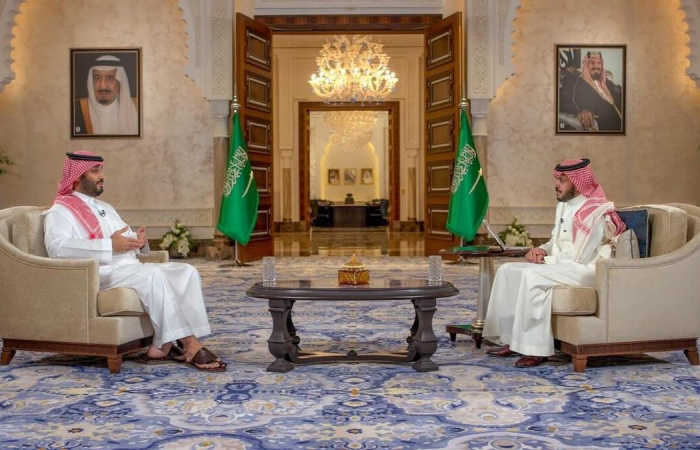Trending
Georgia Elections: Beginning of the end or the end of the beginning?
30 October 2021
Georgians are voting today in the second round of local elections to choose Mayors and local Councillors in a number of key cities where the first round of voting, held on 2 October was inconclusive. The total number of voters eligible to vote in the second round is 2,088,722 - around half of which in the capital, Tbilisi. Georgians appear to be tired of the non stop polorised politics that has dominated public life in recent years, but it is unlikely that the elections will bring a closure to the huge divide within Georgian society.



